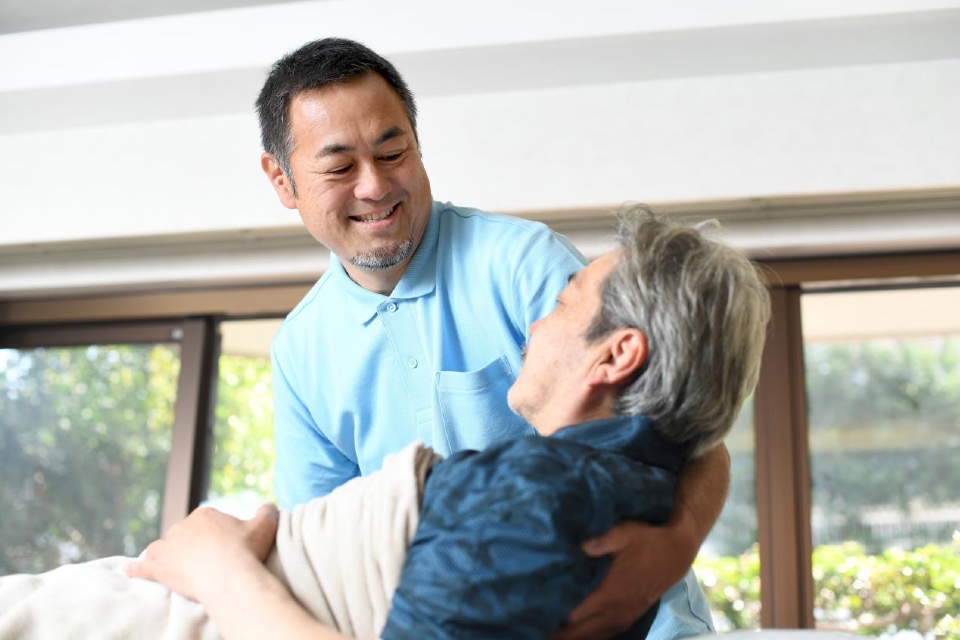A relaxation of rules to allow overseas health and social care professionals now residing in the UK earlier access to funded training will be a boost to the struggling sector.
That’s according to Angela Kaine, Director of Health & Social Care at training provider Realise, who asserts that a relaxation of long-standing residency rules is one step closer to creating greater equality of opportunity and would allow care homes to develop their people.
To recap: The Department for Education recently announced simplification of the residency rules for Adult Skills funding.
It means health and social care workers with Ordinarily Resident status in non-devolved areas will no longer have to wait three years to be able to claim funding for training as they had to before.
A number of devolved areas have already followed suit, including Tees Valley, Liverpool City Region, West Midlands and West Yorkshire.
Kaine said: “This is a valuable improvement and extremely welcome news for both health and social care workers from overseas and care providers.
“This will help ensure that individuals who have come to the UK to perform vital roles in health and social care can access the same training opportunities as others and potentially remain longer in their roles once they have secured Ordinarily Resident status.
“Previously, people in the UK with Ordinarily Resident status were expected to fund the training themselves for the first three years – or secure employer backing – which was clearly a barrier for many.
“Care managers have huge concerns over deficits in staffing. This offers a short-term solution that eases the problem. It’s a relief for the sector, which relies heavily on large numbers of committed and skilled workers from overseas, and the increasing number of people who are being granted residency status.”
The most recent figures showed there are around 300,000 non-EU nationals working within health and social care.
Kaine said many people who come to the UK to work within health and social care already have years of valuable experience in the sector.
“Many have worked in care in their country of origin,” she added. “Legislation and practices might differ, but they have a fantastic basis of knowledge and they are keen to forge a career with the right values and compassion.”







